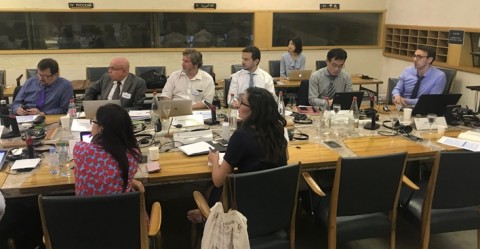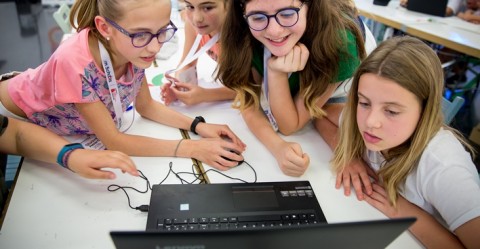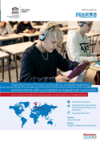
Best practices in mobile learning
Despite the huge potential of mobile learning, evidence shows that schools and education systems are rarely ready to harness the full potential of information and communication technology (ICT).
The potential of ICT in education has already been acknowledged and highlighted in the Education 2030 Framework for Action, Sustainable Development Goal 4 and the 2017 Qingdao Statement. The framework notes that: “ICT must be harnessed to strengthen education systems, disseminate knowledge, provide access to information, promote quality and effective learning and deliver services more efficiently.”
Best Practices in Mobile Learning, a 5-year project launched in 2016 with the support of the Fazheng Group, aims to guide the school-wide planning and use of mobile learning to create inclusive and equitable learning environments and, at the same time, ensure the quality, effectiveness and relevance of education for a digital world.
The project seeks to do this by sharing examples of successful school-wide mobile learning models or practices, presenting lessons learned, and developing a guiding framework that aims to promote future e-school models towards achieving the targets of Sustainable Development Goal 4.
News
- 1 of 2
- next ›





